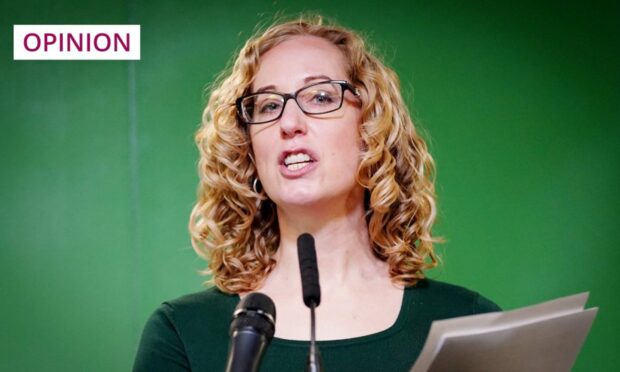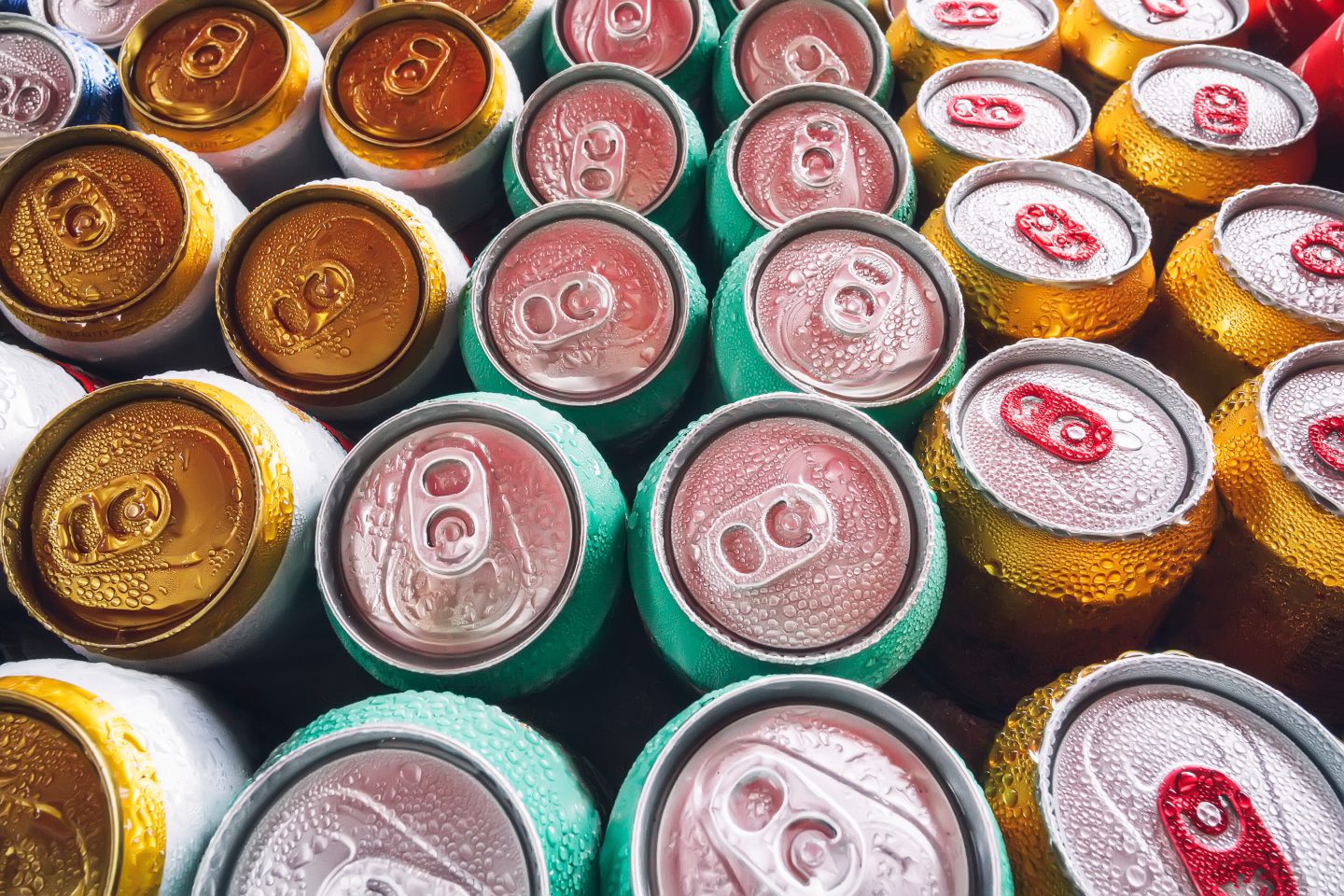Holyrood’s current series of mishaps may well lead to a complete loss of faith in a government which appears to have lost its way, writes Derek Tucker.
This time last month, I speculated that Nicola Sturgeon’s previously impregnable position as first minister might come under threat this year, due to a series of poor decisions which appeared to show her as out of touch with the Scottish people. I highlighted the gender recognition reform bill as a prime example of her political self-harming.
At the risk of leaving myself open to accusations of anti-SNP bias, which I deny, it seems Ms Sturgeon is hell-bent on proving me right. I don’t know whether it is a deliberate strategy, but she appears to have adopted a stance whereby she ignores the big issues, such as health, education and the economy, and focuses solely on policies which inconvenience and infuriate as many people as possible.
The latest target in her sights is the drinks industry, and, by extension, a huge chunk of the retail sector. More than 600 businesses have protested about the deposit return scheme, which is due to come into force in August, and requires a 20p deposit on every drinks can or bottle, with the deposit returned when the empty containers are handed in for recycling.

Last week brought the previously unimaginable sight of SNP MSP Fergus Ewing, a member of the dynasty which did so much to promote the nationalism cause, roundly criticise the deposit scheme, which, he said, was causing fear and despair among drinks companies.
He likened the government’s determination to proceed with the scheme in the face of widespread opposition to the captain of the Titanic setting out deliberately to hit the iceberg. A colourful, over-emotional metaphor, perhaps, but one which underlines the many flaws in a policy which appears to have been pushed through by the SNP’s tunnel-visioned bedpartners, the Green Party. The SNP paying the price of an unholy alliance.
As Mr Ewing pointed out, any perceived benefits in increased recycling and reduced single-use plastic will be more than offset by all the extra car journeys as people seek to recoup their deposits at the recycling centres, which will be brought to their knees by the army of forced recyclers queuing up for their money. Unless, of course, the intention is that we all walk or cycle to the centres with our empties in Bags for Life.
Business concerns are being ignored
The really curious thing about this policy, however, is that its architect, the Greens’ Lorna Slater, is pushing ahead regardless, apparently without stopping to wonder why all those businesses which have publicly opposed it are concerned. Does she consider their concerns groundless, or vexatious?
Why has the first minister, or the more sanguine members of the government, not intervened and paused the implementation of the scheme until all the objections to it can be thoroughly assessed?
The only answers that make sense are that this is either another example of the government’s contempt for the drinks industry, despite its role in Scotland’s domestic and export economy, or that the SNP is so terrified of losing its electoral advantage that it is allowing the Greens to dictate strategy. Tail wags dog.
It can hardly be a coincidence that, simultaneously, the government is “consulting” on a proposal to curtail, or even prohibit, any publicity which promotes alcohol. In its severest form, this could see all branding removed from drinks glasses, beer mats and pub garden furniture, while sports events and concerts, which offset their costs with drinks industry sponsorship, will be prevented from doing so.
Maybe I mix in the wrong circles, but I cannot think of a single person whose drinking habits will be changed if this proposal becomes law. I can, however, easily imagine the catastrophic effect on the arts and sporting events when the lifeline funding from alcohol companies is cut.
Holyrood must pause for thought
I have never understood Big Brother-style governance which uses prohibition and compulsion to bring about its desired effect.
It smacks of an acceptance by politicians that what they are doing is fundamentally unpopular – even unnecessary – but they push ahead with it anyway because they know what’s best for us common people.
In her nine years as first minister, Nicola Sturgeon has never given the slightest indication that she is fallible. She would do well to contemplate that possibility, before the current series of mishaps leads to a complete loss of faith in a government which appears to have lost its way.
If Holyrood fails to pause for thought and pushes ahead with this suicidal strategy of tinkering at the edges of societal problems while ignoring the real issues, it can forget about achieving its goal of independence, because people would not trust it to deliver it successfully. And politicians will only have themselves to blame.
Derek Tucker is a former editor of The Press and Journal


Conversation